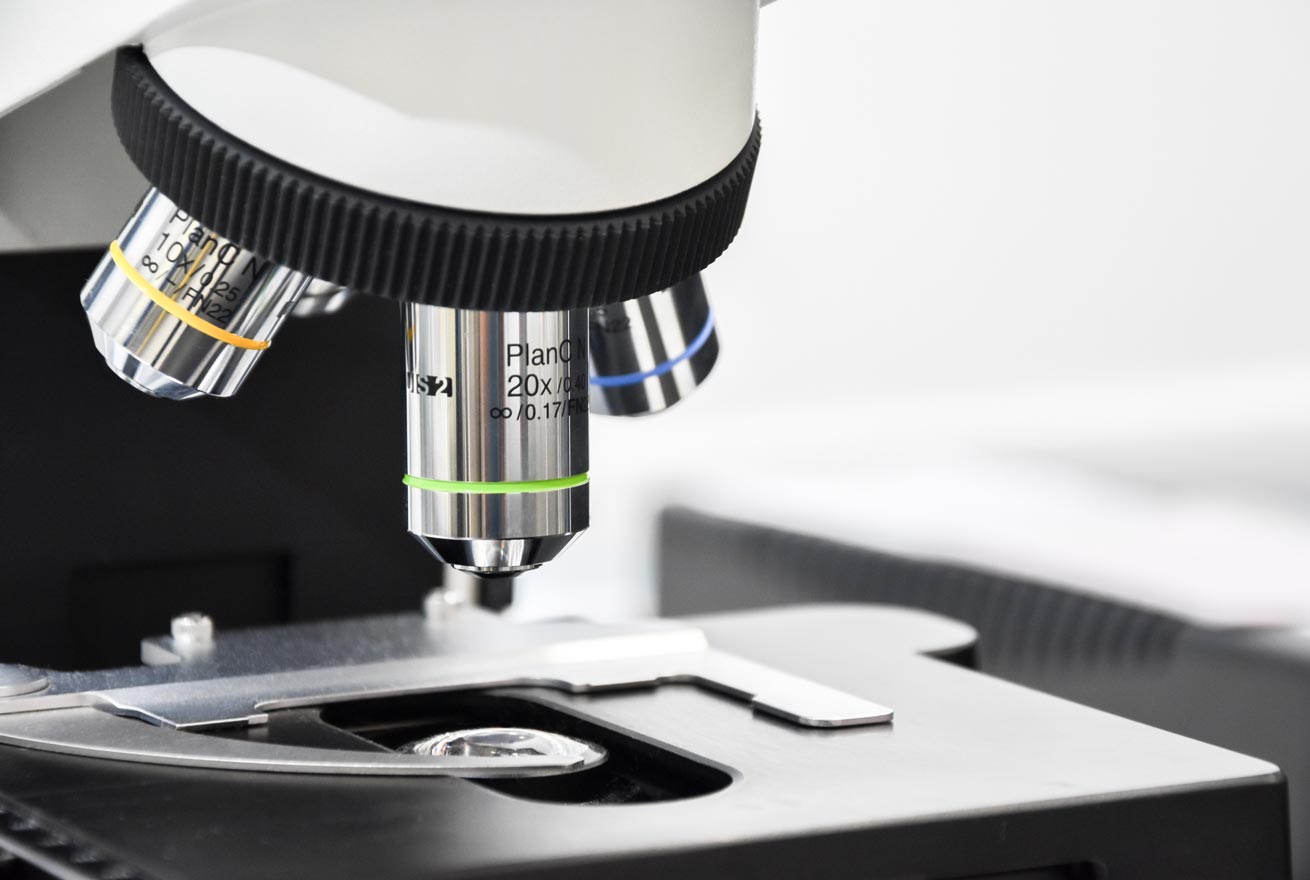Ear Cytology Testing in Cats

Cats sometimes develop ear problems that require a trip to the veterinarian and treatment to resolve. The most common of these issues are ear mite infestation and bacterial or yeast infection. You can learn more about those conditions and others that affect cats' ears here: "Common Causes of Ear Problems in Cats."
When your cat has an ear problem, the veterinarian will thoroughly examine it and possibly do some testing. One of the first tests doctors usually do for ear problems in cats is an ear cytology.
What Is an Ear Cytology?
Ear cytology is a test done on discharge present in a cat's outer ear canal. When an infection or ear mite infestation is going on in a cat's ear, additional debris joins the normal wax present there. The ear might have a foul odor because of this discharge.
Usually, the doctor uses a cotton swab to collect some of the debris in the ear and then rolls the swab over a microscope slide. If the veterinarian wants to look for ear mites, the slide can be examined without any further preparation. The mites themselves, along with blood and other debris, can be seen moving around in a sample of ear discharge under a microscope.
If the veterinarian wishes to check for bacteria or yeast that might be causing an ear infection, the swab is first rolled over the microscope slide, and then the slide is heat fixed and stained. Then, the veterinarian or trained staff can examine the stained slide under a high-powered microscope and identify bacteria or yeast buds along with white and red blood cells.
An ear cytology is an easy, fairly cheap, non-invasive test that can give a veterinarian a lot of information about what is going on in a cat's outer ear canal. Its results are used in conjunction with a physical exam, including an otoscopic view of the ear canal and ear drum.
You May Also Like These Articles:
Common Causes of Ear Problems in Cats
Is Tea Tree Oil a Safe and Effective Flea Treatment for Cats?
X-Rays in Cats: What They Can Tell Your Vet
Common Blood Tests Done on Cats



